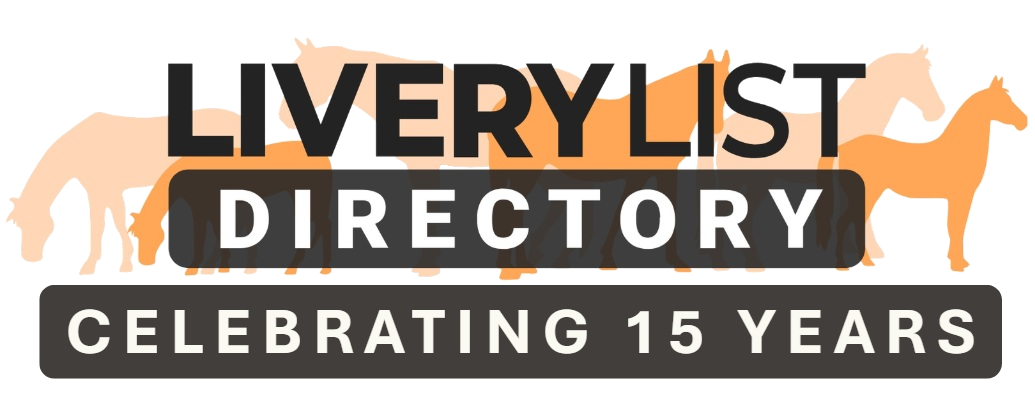Running a successful livery yard requires dedicated, knowledgeable staff who are able to provide excellent care for the horses and great service for the horse owners. Investing in regular training for livery yard staff is crucial for maintaining high standards and ensuring the yard runs smoothly. Here are some of the key reasons why regular staff training is so important for a livery yard business.

Improving Horsemanship Skills
One of the most important areas for training livery yard staff is on horsemanship skills. Handling horses on a daily basis requires competence and confidence. Regular training allows staff to hone their skills in grooming, tacking up, lunging, health checks, first aid, and more. Even experienced horse handlers can benefit from refresher courses to keep their skills sharp. Continual development ensures all staff work to the same capable standard when caring for the horses. This provides consistency for the horses and peace of mind for owners. Use a training planner to fine-tune your weekly training roster for all staff.
Enhancing Health and Safety
Working in a livery yard poses various health and safety risks. Ongoing training helps staff understand how to carry out their duties safely and minimise risks. Areas to cover include manual handling techniques for lifting feed sacks, safe use of machinery like tractors, hazard awareness like slippery floors, use of protective equipment, and first aid. Well-trained staff can take a proactive approach to safety. This helps avoid workplace accidents and injuries, which are detrimental to staff wellbeing and can affect the reputation and finances of the business if claims are made.
Improving Customer Service
Customer service training ensures staff have the knowledge and skills to interact positively with clients. This can cover communication etiquette, complaint handling, exceeding expectations and generally making owners feel valued. Yard managers may wish to sit in on training sessions occasionally to ensure their service standards are maintained. Investing in customer service training demonstrates that the business values its clients. Satisfied, happy clients are more likely to remain loyal to the yard.
Teaching Administration Skills
As well as horse care and customer service, livery yards also rely on good organisation and administration. Staff may need training on bookkeeping, invoicing, using yard management software, and general office duties. Understanding the financial and legal aspects of running the business gives staff greater awareness of their important role. Well-trained staff carry out admin tasks efficiently and help maintain the professional image of the yard.
Increasing Staff Motivation and Retention
Providing ongoing training and development opportunities for staff helps increase motivation. It shows staff that their skills and progress matter, and that time is invested in helping them thrive in their role. This makes them feel valued by the business. Staff who continue learning tend to gain greater job satisfaction. They are also more likely to stay with the yard long-term as they can see a future there. Low staff turnover benefits a livery yard as clients appreciate continuity of care.
Onboarding New Starters
When new staff join the team, structured training plans help them get up to speed. They can be paired with a mentor who guides them through daily tasks while they complete induction training. This allows them to feel confident handling the horses, interacting with clients, and being a valued member of the team. Starting new staff with a robust training programme maximises their chances of success in their role.
Keeping Updated on Best Practices
Horse care, health and safety, and yard management best practices continue to evolve. Ongoing training ensures staff stay updated on the latest guidelines and techniques. They can put their new knowledge into practice, using methods that have been tried, tested and proven elsewhere. Keeping up with innovations and developments allows livery yards to remain at the cutting edge of their industry.
Adapting to Emerging Needs
The training programme can be adapted to address any emerging issues. For example, training may be needed around caring for an elderly horse joining the yard, or coping with an outbreak of strangles. Responding quickly with relevant training gives staff the tools to deal with new situations. Individual staff members may also need specific training tailored to their role such as lunging for grooms or customer service skills for office staff. A flexible approach helps target training where it is needed most.
Complying with Regulations
There are various legal and regulatory requirements for operating a livery yard including health and safety, employment law, insurance, and industry codes of practice. Providing regular refresher training in these areas helps ensure the yard complies with requirements and avoids penalties. It also shows regulators that the business takes its obligations seriously.
Commitment to ongoing staff training pays dividends for livery yards. It leads to happier horses, safer working practices, competent employees, satisfied clients and an efficient yard. The financial investment is outweighed by the benefits for staff, clients, and the reputation and success of the equine business.
A yard that values learning and progression will be a rewarding place to work – for both staff and horses.
